WITH FLEXIBLE SYSTEM APPLICABILITY ACROSS A WIDE RANGE OF INDUSTRIES AND PURPOSES, DEWTEK PROVIDES SOLUTIONS TO ALL TYPES OF DRYING CHALLENGES.
A heat pump is a highly efficient and relatively environmentally friendly energy conversion device. When the evaporator absorbs heat from the surrounding air, it causes the refrigerant to change from a liquid to a gaseous state. The refrigerant is then compressed into a high-temperature, high-pressure condition, releasing heat energy. Finally, the temperature drops through throttling via an expansion valve. This process runs continuously in a closed cycle, eliminating the need for exhaust emissions and removing the requirement for additional environmental equipment such as gas scrubbers or dust collectors. Compared to other energy sources, a heat pump achieves effective drying with significantly lower power consumption.
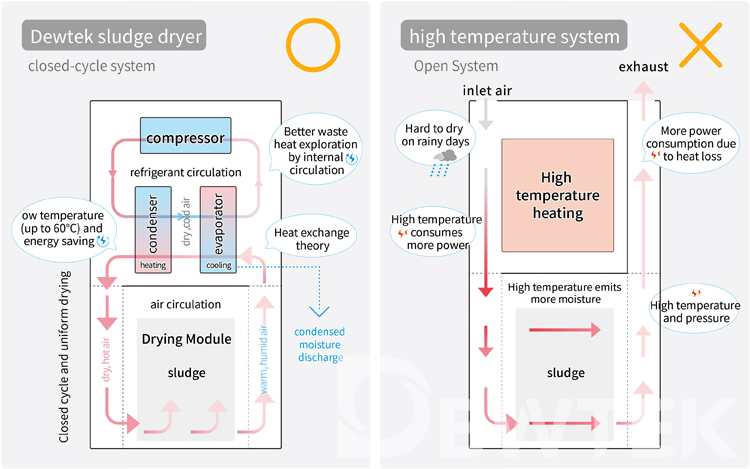
DEHYDRATION ALONE ISN’T ENOUGH—ONLY DRYING CAN TRULY REDUCE THE WEIGHT.
In most sludge treatment processes, dewatering is the final step before transportation. However, at this stage, the sludge still contains 70% to 85% moisture—meaning a significant portion of the cost goes toward transporting water. This can lead to leakage and unpleasant odors during handling.
By adding a drying stage, sludge volume can be further reduced by approximately 40% to 60%, resulting in substantial annual savings on disposal costs.
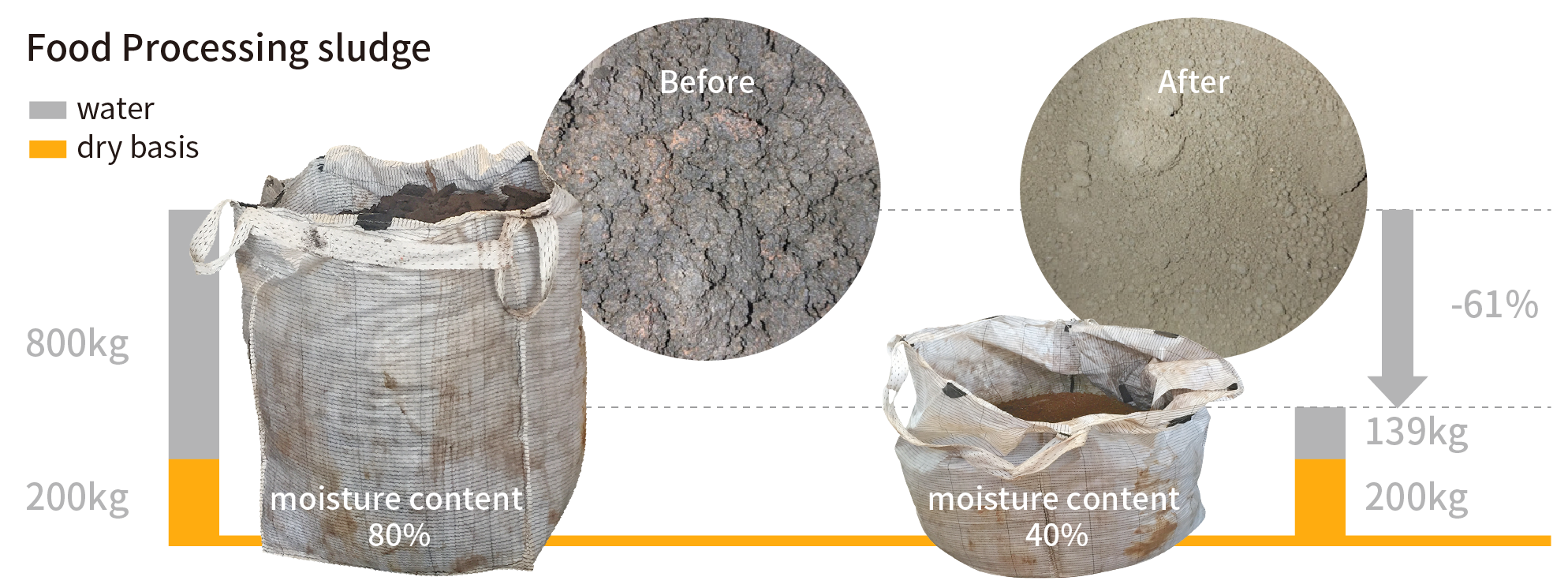
Dehydration alone isn’t enough—only drying can truly reduce the weight.
At minimum, it only requires 0.76 sqm of space —
The compact design minimizes the need for welded ductwork between the main unit and drying chamber, resulting in more efficient drying and lower energy output.
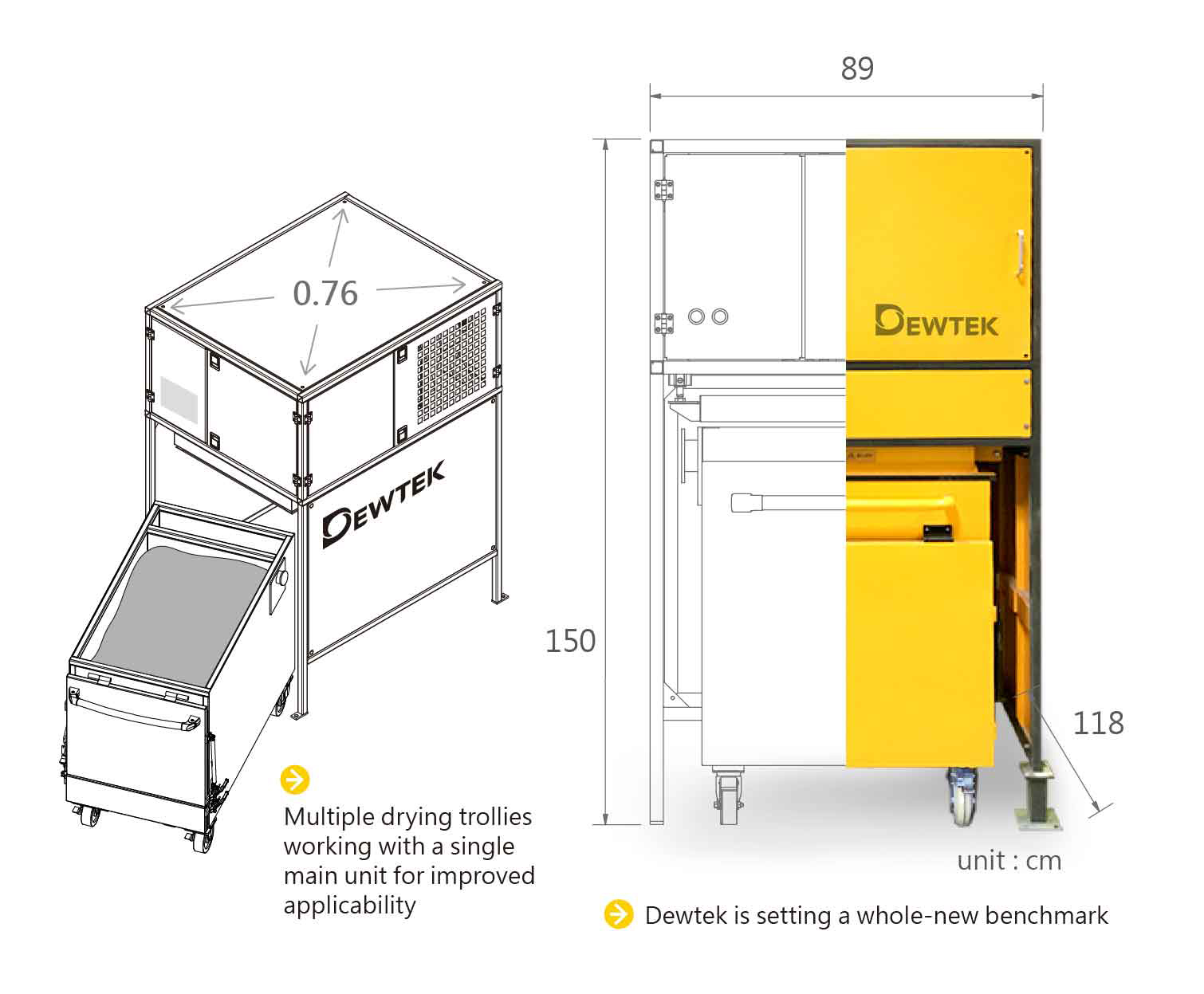
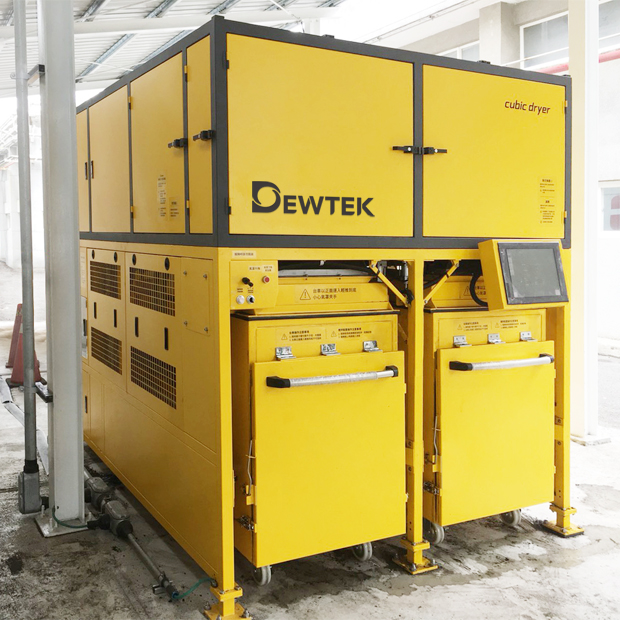
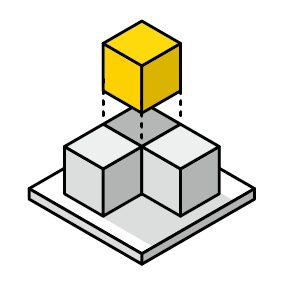 Modular Equipment Design
Modular Equipment Design
In response to varying user needs, DEWTEK has developed a range of uniquely designed standardized modules. Whether for small or large volumes of sludge, suitable specifications are available. These modules are flexibly applicable across industries and purposes, helping reduce on-site setup time and costs.
Small footprint
We offer the industry's smallest and most complete lineup of drying equipment, featuring a compact mechanical design. The drying process operates in a fully enclosed cycle, allowing users to avoid installing excessive environmental protection equipment that would otherwise increase the footprint.
Corrosion Protection Technology
From equipment structure to core components such as fins and heat transfer tubes, DEWTEK has conducted extensive testing and refinement on anti-corrosion coatings. In addition, materials such as nickel and titanium are also available as optional choices.
Control System
The system is entirely self-developed and designed in-house. Regardless of its applicability or controllability, it enables highly efficient integration and real-time adjustments. It also allows for comprehensive equipment status monitoring and can be equipped with Industry 4.0 capabilities for continuous, real-time data tracking and control.
Adopts Reputable Brand Parts
Our equipment’s key component—the compressor—is sourced from a major U.S. manufacturer, ensuring both quality and extended service life. For certain parts and mechanical components, we prioritize local suppliers to provide faster maintenance and support services.
Maintenance and Repair
For components that require regular maintenance, we design them to be placed in locations that are easy to service, based on actual needs and operating conditions.
"TNOT LIMITED TO SLUDGE — VARIOUS RAW MATERIALS, WORKPIECES, AND WASTE CAN ALSO BE DRIED."
Whether it's powder, bulk bags, food waste, industrial components, textiles, resin sludge, or floating paint, all can be dried and processed.
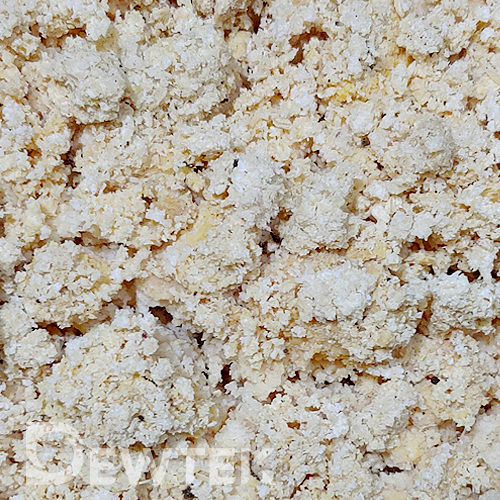
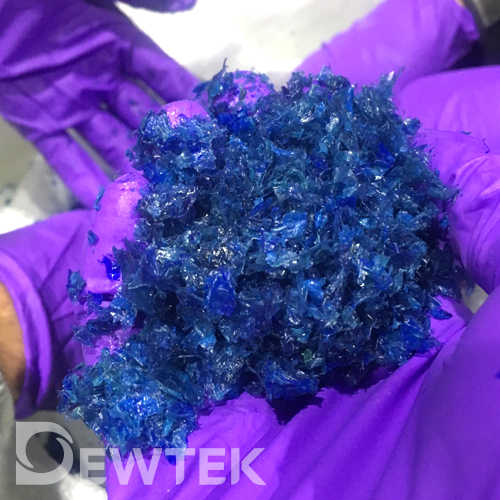
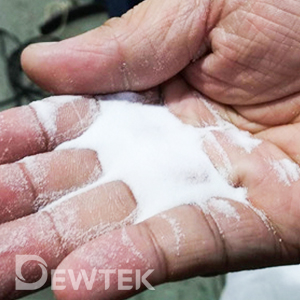
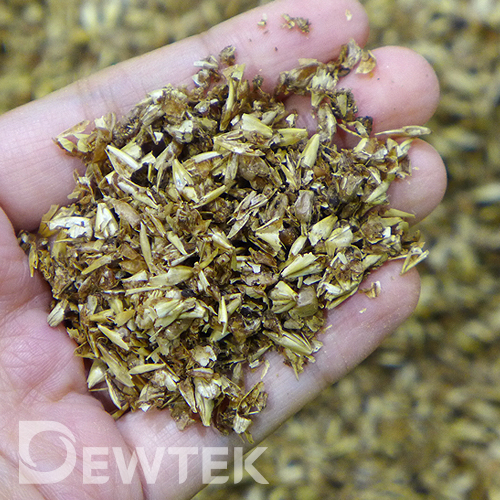
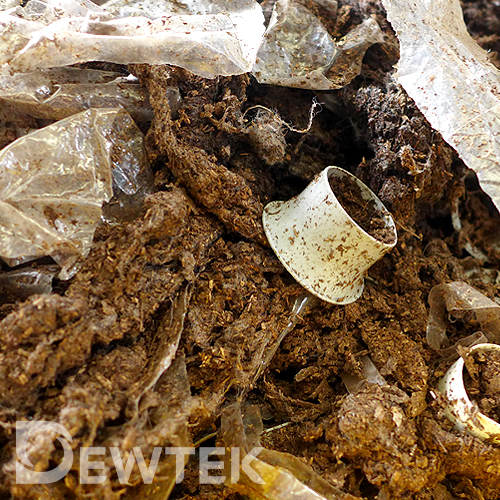
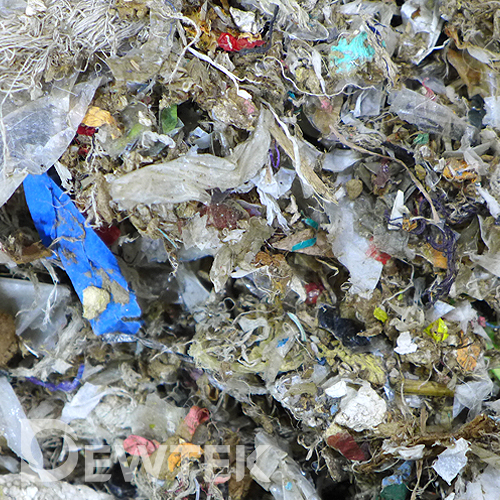
-
